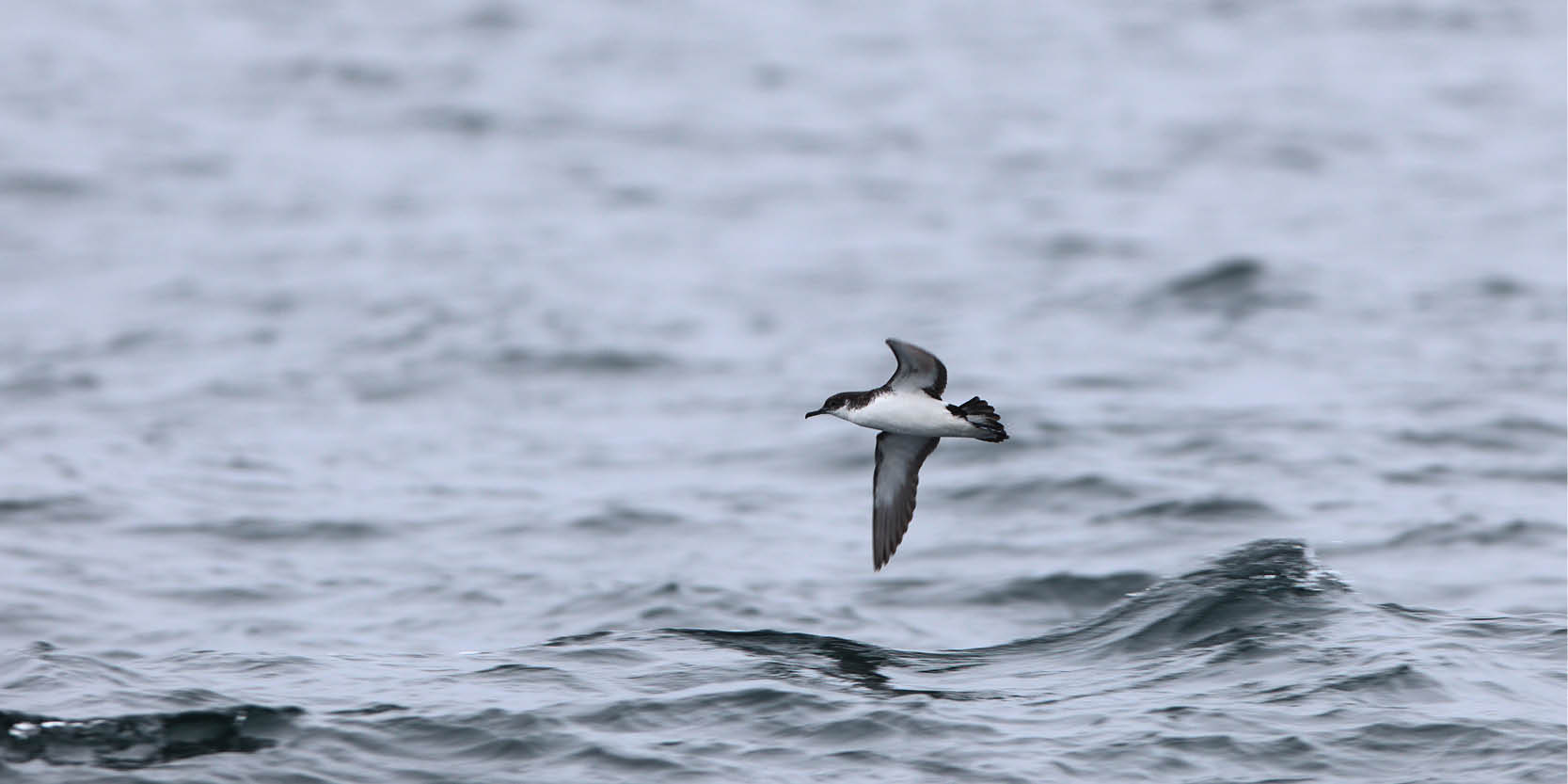In This Section
- Home
- About the College
- Governance
- College Committees & Steering Groups
- College Assembly
- College Council
- College Executive Management Committee
- College Academic Programmes and Curriculum Development Committee
- College Graduate Studies Committee
- College Research & Innovation Committee
- College Teaching Learning and Student Experience Committee
- College Student Recruitment and Outreach Committee
- College Sabbatical Research Leave Committee
- College of SEFS Adjunct Appointments Committee
- International Education Committee
- College Postgraduate Student Committee
- Athena SWAN Steering Group
- College Committees & Steering Groups
- Human Resources
- UCC STEM Awards
- Scholarships and Prizes
- Women in STEM Panel Talks
- Inaugural Professorial Lectures
- Athena SWAN in SEFS
- Proposal Calls
- Contact Us
- Science in Society Public Lecture Series
- Governance
- News
- Staff
- Schools and Departments
- Current Students
- Undergraduate Courses
- Postgraduate Courses
- International Students
- Research and Innovation
- Employability and Careers
- Outreach and Public Engagement
- Science Week
- Transition Year Programmes
Study reveals that just a tiny amount of oil damages seabirds’ feathers

Tiny amounts of crude oil on the water surface, less than one percent of the thickness of a hair, can damage seabird feathers, researchers from UCC's School of Biological, Earth and Environmental Sciences have found.
Emma Murphy, Dr Mark Jessopp, Jamie Darby and colleagues from the Marine Ecology Group collected feathers from Manx shearwaters, a seabird species thought to be at-risk from oil pollution. The researchers examined the feathers to see how quickly water would pass through after exposure to increasing concentrations of oil. Feathers were also assessed under high-powered microscopes to examine structural changes after contamination.
This study found that really thin oil sheens, between 0.1 and 3 micrometres in thickness, were enough to have a significant effect on feather structure and impacted waterproofing. Seabirds exposed to oil are more likely to become waterlogged, cold, and less buoyant, other studies have shown.
Unrefined oil, or crude oil, has been famously spilled into the sea in huge volumes due to disasters such as the Exxon Valdez and Sea Empress spills. It is also routinely released into the environment in moderate volumes due to extraction and transport activity. Oil pollution poses a considerable threat to many already threatened seabird populations.
Emma Murphy, lead author of the study, said “Chronic small-scale oil pollution is commonly overlooked in the marine environment, though it has been shown to have serious implications for the fitness and survival of seabirds. This study examined one species, but the results can be extended to other species that rely on waterproofing to stay healthy when at sea for long periods.”
Even when oil is released in moderate volumes from extraction and transport infrastructure, oil can spread quite quickly across the surface of the sea, and quite a large marine area can be coated by oil in concentrations that can be harmful for seabirds.
The study is published in Royal Society Open Science
College of Science, Engineering and Food Science
Coláiste na hEolaíochta, na hInnealtóireachta agus na hEolaíochta Bia
Contact us
Block E, Level 3, Food Science Building, UCC, Cork, T12 YN60.
